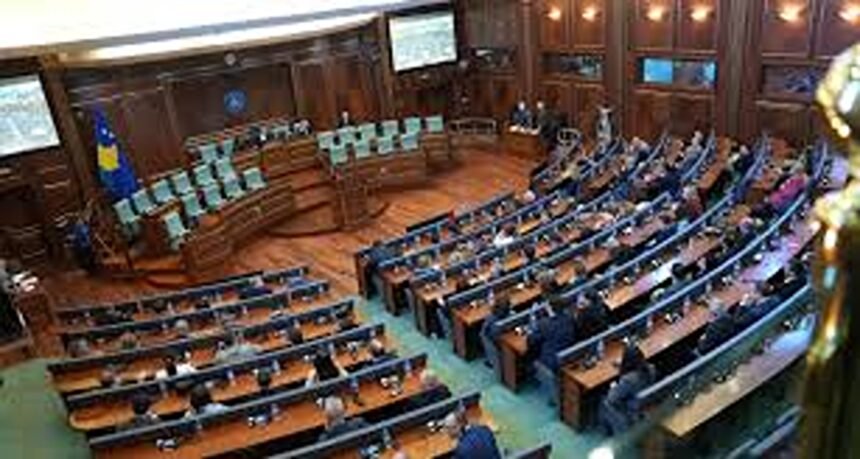The process of constituting Kosovo’s parliament remains stalled due to the lack of a political agreement between parliamentary parties. Despite the Constitutional Court’s ruling, which sets out the legal steps for forming institutions, the main political parties have failed to reach a consensus to overcome the crisis.
Blerina Istrefi, a researcher at the Group for Legal and Political Studies, emphasized that the Constitutional Court’s decision will have legal effect regardless of whether a political agreement is reached.
“It is clear that the Constitutional Court’s ruling will have a legal effect. If no political agreement is achieved, this would constitute a violation of the Court’s decision. This judgment will also serve as precedent for future cases,” Istrefi told RTV21.
Political analyst Dorajet Imeri believes that in the absence of a political deal, snap elections may be the only solution to break the political deadlock.
“Elections in a democracy are always a good option. The current political situation in the country is truly unpredictable. While the Constitutional Court’s decision clarified the situation to some extent, the challenges remain significant. I believe political parties should, in the near future, consider holding new elections to overcome this major political impasse. However, elections cannot be held haphazardly — they require political will and a clear legal mechanism to safeguard political and constitutional order,” Imeri said.
Another political analyst, Arbnor Sadiku, also sees extraordinary elections as a realistic way to end the blockade.
“If, even after an extended deadline, the winning coalition cannot form a government, then the president should either call on the political parties to constitute parliament or announce snap elections, as it is evident that neither side has the votes to establish the next government,” Sadiku noted.
Vetëvendosje recently stated that it will wait for the full publication of the Constitutional Court’s decision before taking further steps.







